International Relations
Relations across the UK, Europe and globally are frequently changing, and have done so across our history. How these relations are recorded, monitored and treated are discussed in the collection of articles and podcasts here. The very concept of international relations is explored as are when boundaries and discussions between states and groups started to matter. What are the procedures, protocols and outcomes of a world according to the history of international relations are all under scrutiny?
Sort by:
Date (Newest first) | Title A-Z
Show:
All |
Articles |
Podcasts |
Multipage Articles
-

The Legacy of the Z Special Unit in World War II
ArticleClick to view -
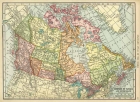
The Northern Limit: Britain, Canada and Greenland, 1917-20
ArticleClick to view -
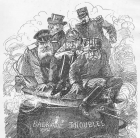
The Origins of the First World War
ArticleClick to view -

The Origins of the Second Great War
ArticleClick to view -
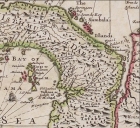
The Scottish dream of Darien
ArticleClick to view -
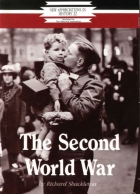
The Second World War
ArticleClick to view -
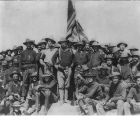
The Spanish-American War revisited: rise of an American empire?
ArticleClick to view -

The Tudor monarchy in Ireland
ArticleClick to view -

The United Nations Convention on the Prevention and Punishment of the Crime of Genocide
ArticleClick to view -

The Waggoners’ Memorial
ArticleClick to view -
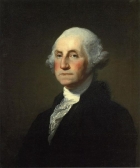
The War of American Independence
ArticleClick to view -

The archer's stake and the battle of Agincourt
ArticleClick to view -

The cultural biography of opium in China
ArticleClick to view -
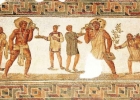
The end of the Roman Empire
ArticleClick to view -

The great British postwar exodus
ArticleClick to view -

The peace treaties of 1919
ArticleClick to view -

The rise and fall of Nauru
ArticleClick to view -

Tourism: the birth and death of the little Welsh town?
ArticleClick to view -

War Plan Red: the American Plan for war with Britain
ArticleClick to view -

We will remember them: well, most of them
ArticleClick to view

